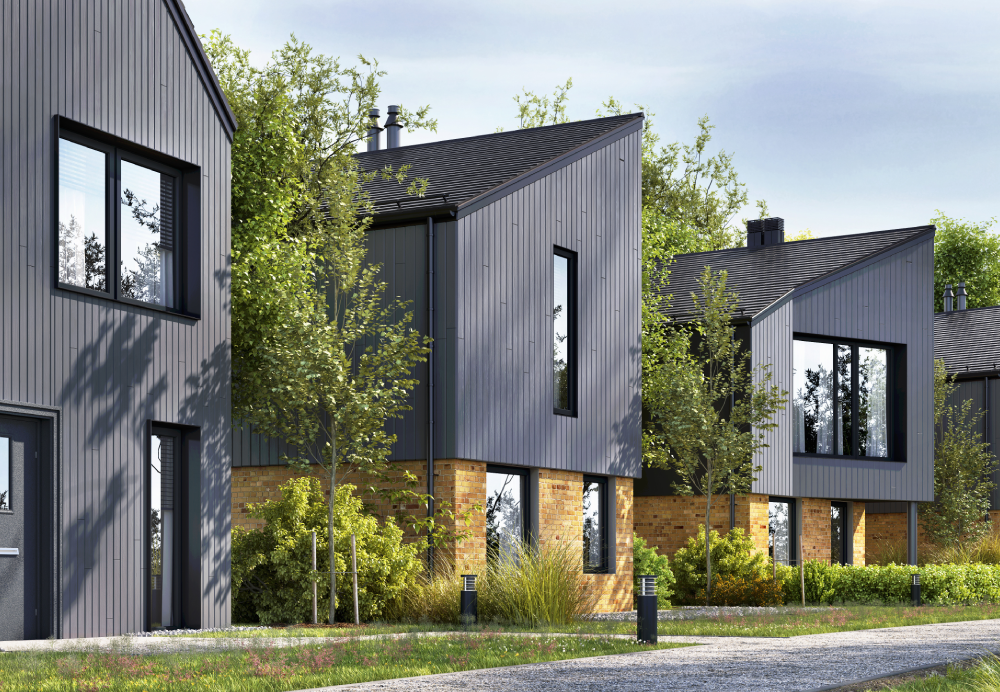
Retirement in Modular Homes: A New Path to Golden Years
As the world evolves, so do our living arrangements. With the advent of modern construction techniques, retirement in modular homes has emerged as a popular and appealing option for many. These homes offer a blend of comfort, affordability, and sustainability, making them a viable choice for those entering their golden years. The trend of opting for modular homes during retirement is not just a passing fad but a reflection of a broader shift towards more sustainable and efficient living spaces.
One of the primary reasons behind the increasing popularity of retirement in modular homes is the cost-effectiveness they bring. Traditional homes can be expensive to build and maintain, especially for seniors on a fixed income. Modular homes, on the other hand, offer a more economical solution without compromising on quality or style. Additionally, the flexibility and customization options available in modular homes make them an attractive choice for retirees looking to downsize and simplify their living arrangements.

What Are Modular Homes?
Before delving deeper into why modular homes are ideal for retirement, it’s essential to understand what they are. Modular homes are prefabricated structures built in sections or modules in a factory setting. These modules are then transported to the home site and assembled to create a complete house. This method of construction offers several advantages, including reduced build time and lower costs.
Modular homes are built to the same building codes and standards as traditional homes, ensuring they are safe and durable. They are also highly customizable, allowing homeowners to choose from a variety of designs, layouts, and finishes to suit their preferences and needs. For more information on modular building systems, you can visit the National Association of Home Builders.
Benefits of Retiring in Modular Homes
Affordability
One of the most significant advantages of choosing a modular home for retirement is its affordability. The cost of constructing a modular home is generally lower than that of a traditional home. This is primarily due to the efficiency of the factory-building process and the reduced waste of materials.
Environmental Sustainability
Sustainability is a growing concern for many, and modular homes are often more environmentally friendly than traditional homes. The construction process generates less waste, and the homes themselves are designed to be energy-efficient, reducing the overall carbon footprint. This makes modular homes an excellent choice for environmentally-conscious retirees.
Customization and Flexibility
Modular homes offer a high degree of customization. Retirees can design their homes to meet their specific needs and preferences, whether it’s a single-story layout for easy accessibility or additional features like grab bars and ramps for enhanced safety.
Quick Construction Time
The construction time for modular homes is significantly shorter than traditional homes. Since the modules are built in a factory, weather-related delays are minimized, and the entire process is streamlined. This means retirees can move into their new homes much faster.
Designing Your Modular Home for Retirement
Designing a modular home for retirement involves considering both current needs and future requirements. It’s essential to create a space that is not only comfortable and functional but also adaptable to any changes that may occur as one ages.
Single-Level Living
For retirees, a single-level home design is often ideal. It eliminates the need to navigate stairs, reducing the risk of falls and making it easier to move around the home.
Accessibility Features
Incorporating accessibility features into the design of your modular home can enhance safety and convenience. Consider wider doorways, non-slip flooring, walk-in showers, and adjustable countertops.
Open Floor Plans
Open floor plans are popular in modular homes as they offer a spacious and airy feel. They also allow for easy movement and accessibility, which is particularly beneficial for seniors.
The Future of Retirement Living
The concept of retirement is evolving, and so are the living arrangements for seniors. Modular homes represent a shift towards more sustainable, affordable, and customizable housing options for retirees. As the demand for innovative housing solutions grows, modular homes are likely to become even more popular among retirees.Future Modular Housing discusses this trend in greater detail.

Frequently Asked Questions
Are modular homes a good investment for retirees?
Yes, modular homes can be an excellent investment for retirees. They offer affordability, sustainability, and customization, making them a practical choice for retirement living.
How long does it take to build a modular home?
The construction time for a modular home is typically shorter than that of a traditional home. While it can vary, the entire process from design to completion can take as little as a few weeks to a few months.
Can I customize my modular home for future needs?
Absolutely! Modular homes offer a high degree of customization, allowing you to design your home to meet both your current and future needs.
For more information on preparing your land for a modular home, visit Preparing Land for Modular Home.
This article contains affiliate links. We may earn a commission at no extra cost to you.